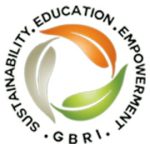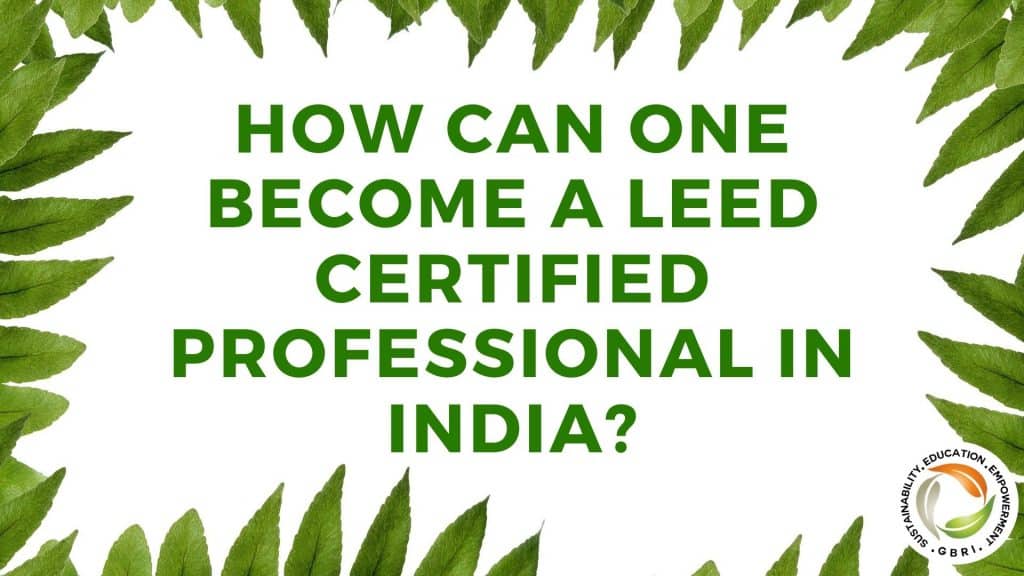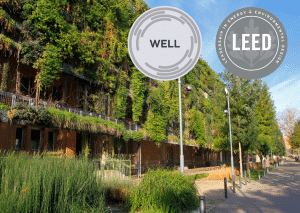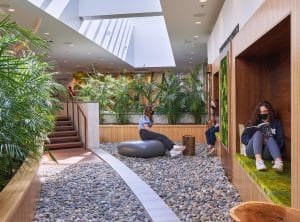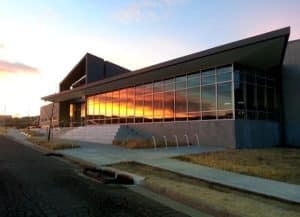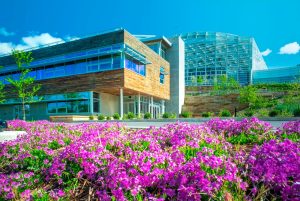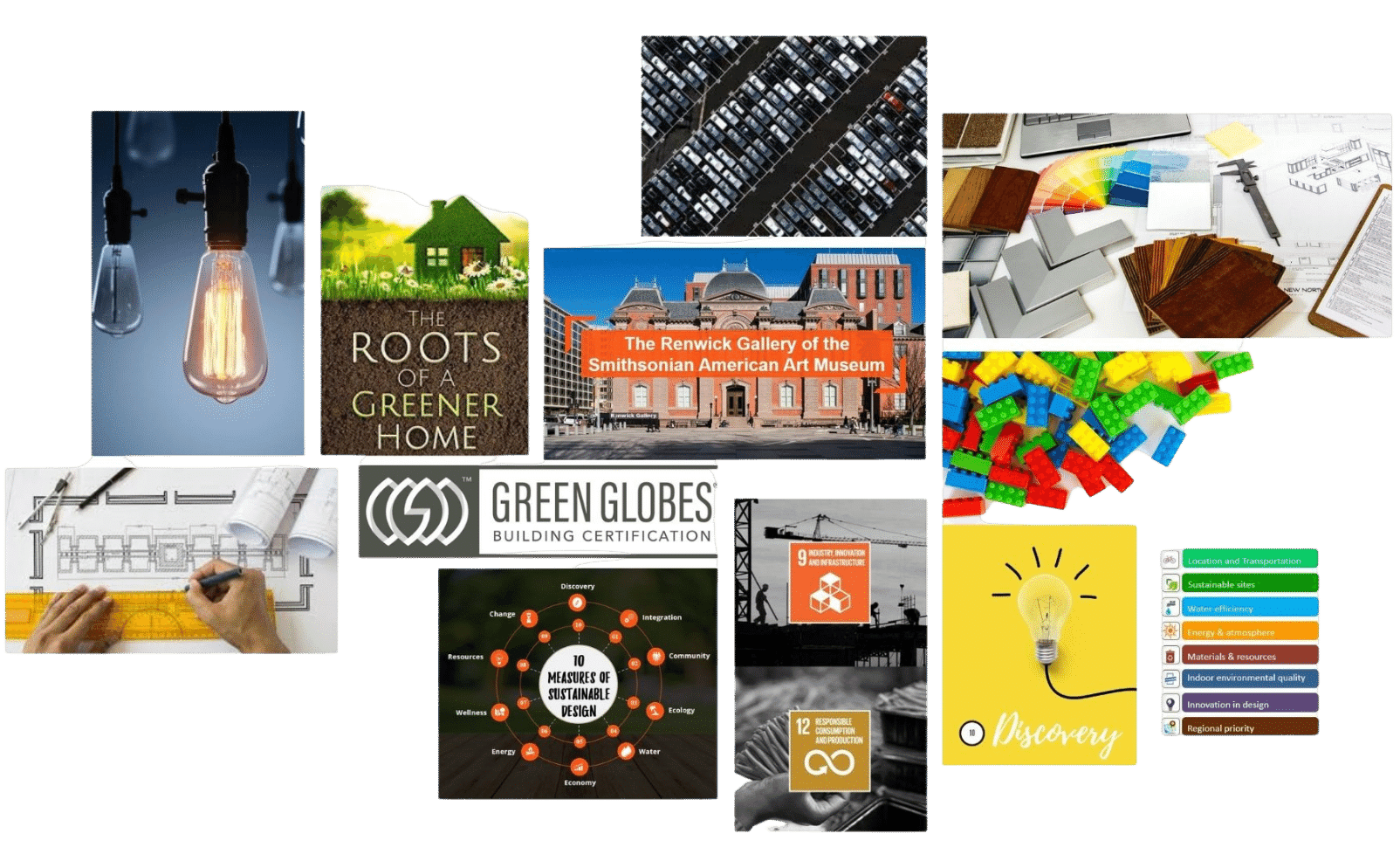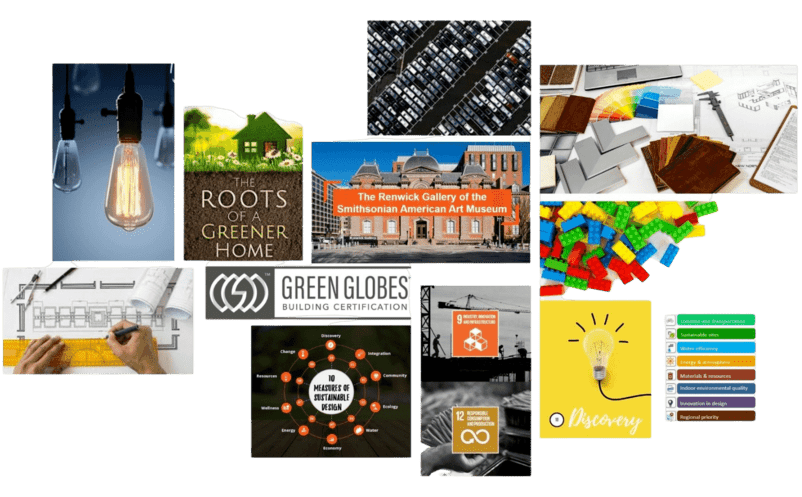What is LEED?
For a while now, terms like ‘green building’ and ‘LEED’ have been hogging the limelight in the media, especially as the noise around climate crisis gains momentum. So what exactly is a LEED certified building? How is it different from regular buildings? Let us find out…
LEED is one of the most popular green building certification programs worldwide designed by the U.S. Green Building Council. It stands for Leadership in Energy and Environmental Design.
We all know that buildings have a considerable impact on our environment as well as on our health and overall wellbeing. Buildings use resources, generate waste and are costly to maintain and operate.
Green building is the practice of designing, constructing and operating buildings in a manner that uses fewer resources, minimizes waste and environmental impact, and decreases life cycle costs to achieve increased productivity and better occupant health.
LEED provides third-party verification that a particular building or complex was designed and constructed keeping in mind the following parameters:
- Maximum energy savings
- Efficient use of water
- Reduced greenhouse gas emissions
- Healthier indoor air quality
- Increased use of recycled materials
- Optimum utilization of resources and sensitivity to their impacts
- Reduced maintenance and operation costs
LEED certification in India
The USGBC announced the annual top 10 countries and regions in 2018 for LEED outside of the US. The list recognizes markets that are using LEED to create healthier spaces for people, as well as use less energy and water, reduce carbon emissions and save money for families and businesses.
India ranked third with more than 899 LEED-certified projects totaling more than 24.81 million gross square meters of space. Maharashtra has 334 LEED-certified green buildings, while Karnataka and Tamil Nadu have 232 and 157 buildings, respectively.
“For the last 25 years, LEED has played a key role in sustainability efforts around the world,” said Mahesh Ramanujam, president and CEO, USGBC and Green Business Certification Inc. (GBCI), the global certifying body for LEED projects. “The top 10 countries and regions represent a global community of dedicated USGBC member companies and green building professionals who are committed to improving our quality of life. A better future requires a universal living standard that leaves no one behind — and that future would simply not be possible without the extraordinary work being done in these countries.”
Gopalakrishnan Padmanabhan, MD – APAC & Middle East, Green Business Certificate Institute (GBCI), said, “India is leading the green building movement in the Asia Pacific region, with the maximum number of LEED projects in 2018. Apart from the commercial buildings, LEED projects are also seen in sectors like education, manufacturing, and hospitality, to name a few. LEED-certified metros and LEED for cities are also adding momentum to the green building movement in India. Residential projects will drive the growth in the next few years, and LEED will work closely with the developers and the state governments to ensure a sustainable platform. The demand for green is growing in India, and we are confident that the number of green projects in India will increase in the coming years and will positively impact development and green jobs.”
As the demand for land, water and electricity steadily increase in the country’s metropolitan cities like Delhi, Mumbai and Bengaluru, green buildings are becoming a new trend in constructions and maintenance.
These buildings rely on renewable resources, like sun, water and wind, minimize demand on non-renewable resources, and maximize use through reuse and recycling.
LEED India Rating System
Please note that in order to strengthen the global consistency of the LEED rating system, effective June 5, 2014, GBCI began managing the certification process for all LEED rating systems in India, including the LEED India rating system, which was previously managed by the Indian Green Building Council (IGBC).
So all projects registered from June 30, 2014, and onward, are certified by GBCI.
Now just like LEED worldwide, under LEED India rating system, there are four certification levels:
26 – 32 points earns basic LEED certification,
33 – 38 points earns a silver-level certification,
39 – 51 points earns gold-level certification, and
52 – 69 points earns platinum certification.
Also Read: https://www.gbrionline.org/leed-certification/
Examples of LEED certified buildings in India
Listed below are some of the best known LEED India certified buildings that have taken commendable measures to minimize their environmental impact:
ITC Maurya Hotel, New Delhi
Not many people are aware that ITC Maurya situated in the heart of the capital city of India is the world’s first LEED Platinum certified hotel. The entire building of the hotel has been painted with Volatile Organic Compound (VOC) paint and it recycles almost all of its solid waste under its various recycling and composting programs.
Suzlon One Earth, Pune
Suzlon One Earth in Pune boats of a LEED Platinum certification and is also a GRIHA 5-star certified building. The campus is spread across 10 acres and is completely powered by renewable energy, including hybrid wind turbines, solar panels and photovoltaic cells. The entire structure is designed in such a way that the 90% of the occupied space has natural daylight accessibility. Jet fans have been installed for ventilation that periodically push out stale air and bring in fresh air, thereby leading to almost 50% energy savings.
CII- Sohrabji Godrej Green Business Centre, Hyderabad
CII-Sohrabji Godrej Green Business Centre (CII-Godrej GBC) was established in the year 2004 to offer world class advisory services on conservation of natural resources. It is the first building, which has been awarded with LEED Platinum certification for New Construction (NC) v 2.0 in 2003. The entire roof is covered with vegetation to regulate the building’s temperature. It is also one of the most energy-efficient buildings in India with a vast array of solar panels that generate around 100-120 units of electricity on a daily basis.
TCS Techno Park and Grundfos Pumps, Chennai
Now this is a building that uses a unique energy consumption approach. It houses a thermal storage system that stores thermal energy for later use, in fact, it can even use months later. For instance, solar heat collected during summer seasons is used during monsoon and winter seasons, and vice versa. This innovative concept has significantly reduced the average energy consumption of the building evidently. After installing this system, TCS technopark in Chennai and Grundfos Pumps in Chennai have experienced a huge reduction in peak load in the daytime.
Infinity Benchmark, Kolkata
Infinity Benchmark is the second building outside USA and 7th in the world to get a Platinum rating by the renowned US Green building Council (USGBC), under LEED Core & Shell version 2.0. Almost all the waste water generated in the building is efficiently treated and used for irrigation, flushing and air conditioning purposes within the building. It also has multiple electric car charging points and preferred car parks are provided for electric vehicles. The insulated walls help it in keeping the building temperature under control during summers. Even the air conditioning equipments installed in the building use eco-friendly refrigerants that reduce ozone depletion.
Wipro Campus, Gurugram
This building is designed in the shape of an inverted cone and features an open to sky landscape courtyard that contributes in keeping the building cool during summer. As all open office spaces look into the courtyard, they have good access to daylight. The building was awarded LEED Platinum certification by the USGBC in 2005 with 57 points, which makes the Wipro project the second highest and the largest platinum rated green building in the world and highest in Asia.
How to become LEED accredited in India?
If you are an Indian professional seeking a LEED accreditation, you have to thoroughly study LEED standards in preparation for an accreditation exam. Upon passing the exam, you can earn a LEED Green Associate credential or a LEED Accredited Professional (AP) credential.
It should be noted that there are no eligibility requirements for taking the exam. You must be 18 years or older. You don’t have to have a degree. LEED Project Experience is also no longer a requirement for exam eligibility.
Also, there are six main types of the LEED accreditation program:
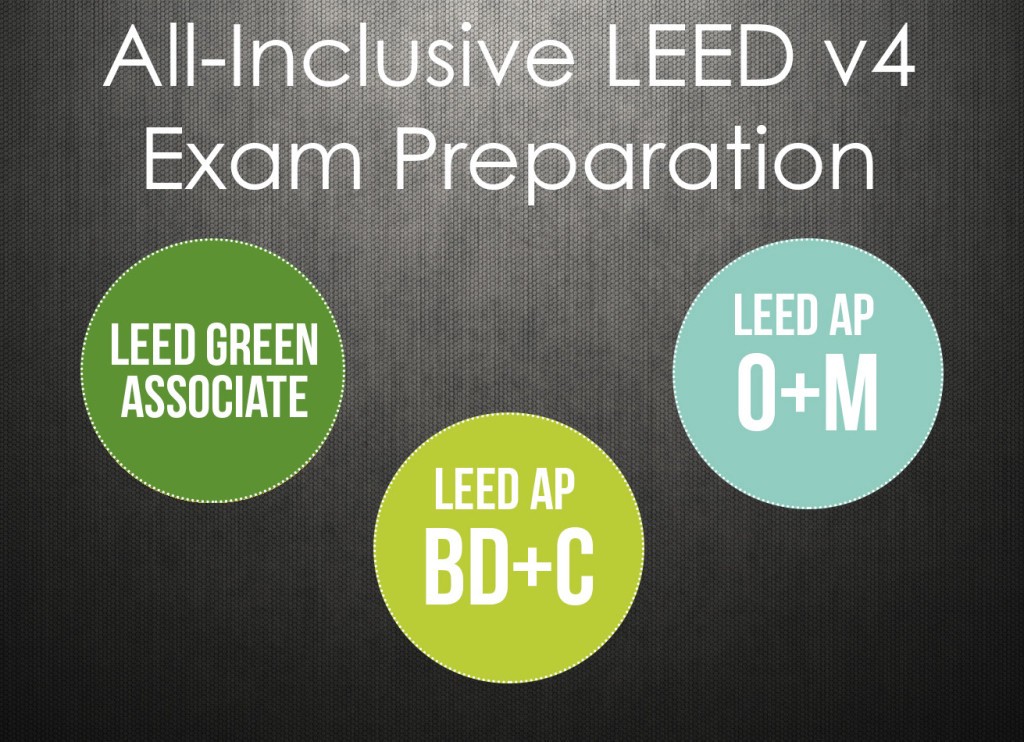 LEED Green Associate – This is the first step in establishing yourself as a serious green building professional, whether you are a student, recent graduate or professional.
LEED Green Associate – This is the first step in establishing yourself as a serious green building professional, whether you are a student, recent graduate or professional.- LEED AP Building Design + Construction – This suits professionals with expertise in design and construction phases of green building and includes guidelines for new buildings and old buildings undergoing major renovations.
- LEED AP Operations + Maintenance – This suits professionals implementing sustainable practices, improving performance, heightening efficiency and reducing environmental impact in existing buildings through enhanced operations and maintenance.
- LEED AP Interior Design + Construction – This rating system was designed specifically for tenants leasing a portion of a larger building, so it serves participants in the design, construction and improvement of commercial interiors and tenant spaces.
- LEED AP Neighborhood Development – This category integrates the principles of smart growth, urbanism, and green building into the first national program for neighborhood design.
- LEED AP Homes – This was specifically designed for single and multi-family residential structures that are three stories or less and suits those involved in the design and construction of healthy, durable homes that use less resources and produce less waste.
LEED India Exam:
When it comes to LEED exam, it doesn’t matter where you are located. One can prepare and give the LEED Green Associate exam or AP Exam from around the world where there is a Prometric center that offers LEED Exam.
Delhi, Mumbai, Kochi, Bangalore, Chennai, Kolkatta, Pune, Trivandrum and many other cities in India have Prometric centers.
For taking the exam, you first have to log in to your user account on usgbc.org site and then navigate to credentials to select your choice of exam. After completing the exam registration process, schedule the exam date and location on prometric.com/gbci.
The exam is 2 hour long and features 100 multiple choice questions.
LEED India Exam Prep:
If you are looking for the most effective study materials to pass the LEED exam, head to Green Building Research Institute (GBRI), a proud Education Partner of the USGBC, IWBI, and AIA.
GBRI has presence in Kochi, India. You can prepare for the LEED Green Associate or AP Exam either online using GBRI’s All-inclusive exam prep or in-person sessions that they conduct in Kochi, Chennai, Mumbai and other select cities.
GBRI LEED Green Associate Exam Prep includes a study guide, in-person and on-demand modules, 5 LEED Green Associate practice exams with 100 questions each simulated like the actual exam, flash cards, memory charts, section wise quiz questions and much more.
GBRI LEED AP Exam Prep includes study guide, in-person and on-demand modules, 500+ practice test questions, 4 simulated mock exams, flash cards, memory charts and even MP3 audio files.
Further Reading:
- https://www.gbrionline.org/leed-exam-preparation/
- https://www.gbrionline.org/tips-to-pass-leed-green-associate-exam/
With inputs from:
https://www.constructionweekonline.in/india-ranks-third-in-the-world-for-leed-green-buildings
